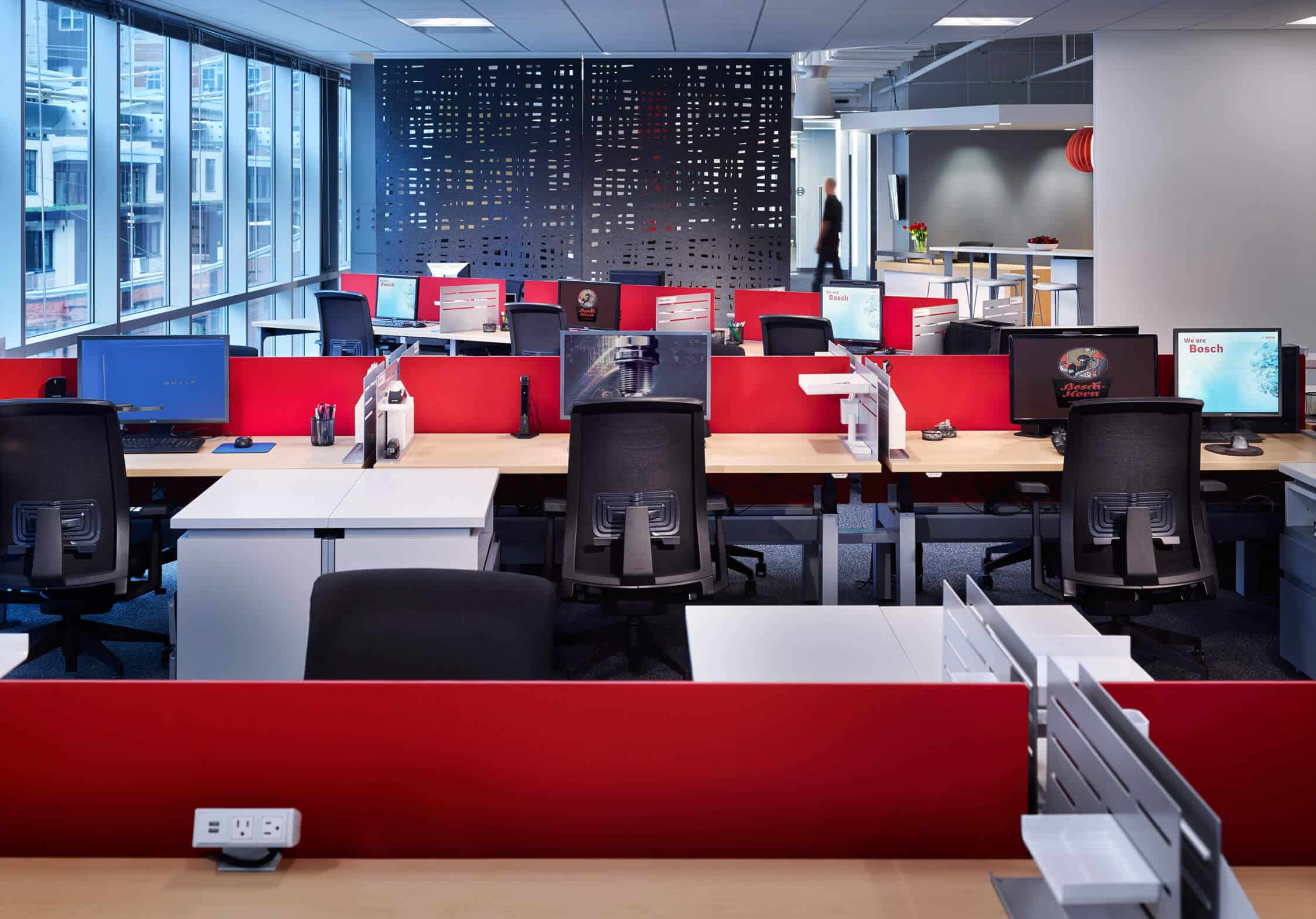
Growing out of your home office or co-working space? Five Things to Consider Before Deciding to Lease or Buy
You did it. You’re scaling your company – which means more employees and a location that involves more of a commute than walking in your PJs to your home office.
But, now you have some questions in front of you. Do you lease office space? What about buying your own building in that oh-so-cool former warehouse district? How do you figure out what your best move is?
Check out our list below before you make that decision, and if you need more answers our brokers with Oxford Realty Services are here to help.
- Amount of Cash on Hand
Your business’ availability to cash is a key consideration. In most scenarios, a buyer will have to put a lot more in capital up front to buy – hand money down, closing costs, inspections, appraisals, capital improvements, etc. While interest rates remain low and the possibility of creating equity is always a positive, capital outlay is also an important business evaluation.
In the long-term, owning a facility may prove to be the more economical situation and is, in most cases, less expensive on an annualized basis. But outlay of capital at the forefront is something that not all businesses can necessarily afford, especially a business in start-up mode.
- Fixed vs. Variable Costs
Assuming you are able to obtain a fixed rate mortgage, when buying a property your costs are more readily known and typically fixed for a longer period of time. When leasing, you are subject to market forces that will determine the Base Rent at the end of your term. This can be a positive, a negative, or fall somewhere in between, but it is an unknown. There are also other variable costs associated with both leasing and owning property, depending upon the type of space, type of lease structure (full service vs. triple net – more on that another time), etc. The variable costs associated with leasing or owning are always important factors to consider before deciding which direction you want to take.
- Flexibility
Typical lease terms of 5-years or less allows more flexibility for a company when it comes to managing their size requirements and locational needs. A company must look at their long-term strategies and goals related to growth, size requirement, location, and exit strategy when considering buying. While selling a building you own in order to expand or contract at another location can be done, doing so may prove to be more cumbersome and time consuming than a relocation, expansion, or downsize at the end of your lease term.
Locations are sometimes “trendy” and market shifts may be frequent. If today’s hot neighborhood becomes tomorrow’s not, the effort to sell the property quickly or for a profit could prove to be a hurdle.
- To Be or Not To Be a Landlord
Owning a building that is not a single-purpose or single-tenant property can put you in another line of business – being a Landlord. There are plusses and minuses that go along with that role. In addition to the economic benefits, one of the largest positives is certainly the control of the property and being able to adjust to your changing space requirements. On the down side, ownership also comes with a responsibility to properly steward the property. Repairs, maintenance, capital improvements, and tenant placement and satisfaction become the obligation of the Owner (or their hired property management and leasing company). This requires time, energy and capital that ultimately may detract from what is really important – your business.
- Tax Considerations
There are different tax considerations when looking at a lease or a purchase of a building. It all depends upon your business entity and the specific effect it would have on your operations.
A real estate expert can help you analyze which may be best for your business and your particular situation. It is dependent upon your unique and specific motivations, your requirements for real estate (both long-term and short-term), the corresponding market forces surrounding such a decision – and what will best fit your needs at that moment in time as well as in the future.

